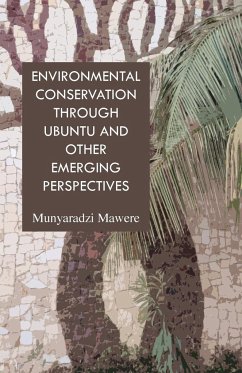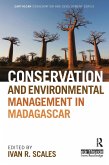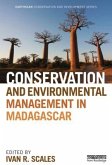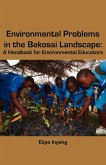In spite of its surging popularity with scholars and environment conservation and management aid experts, scientific environmental epistemology does not seem to be the answer to the forestry and environmental problems that Africa is facing. Due to the lasting impacts of colonialism and therefore Western scientism on Africa, at the core of the conservation dilemma lies the conflict between scientific conservation epistemologies and 'local'/'indigenous' conservation epistemologies with the latter being the locals' potential workable solution to the environmental problems haunting the continent. It is in view of these circumstances that this book was born. The book is a clarion call for the revival and reinstitution of indigenous conservation and management epistemologies, not as a challenge to Western scientific conservation epistemologies, but to complement efforts by Western science in easing the tapestry of environmental problems that haunt Africa and the rest of the world. This is a valuable book for environmental conservationists, land resource managers, political/social ecologists, environmentalists, environmental anthropologists, environmental field workers and technicians, and practitioners and students of conservation sciences.
Hinweis: Dieser Artikel kann nur an eine deutsche Lieferadresse ausgeliefert werden.
Hinweis: Dieser Artikel kann nur an eine deutsche Lieferadresse ausgeliefert werden.








